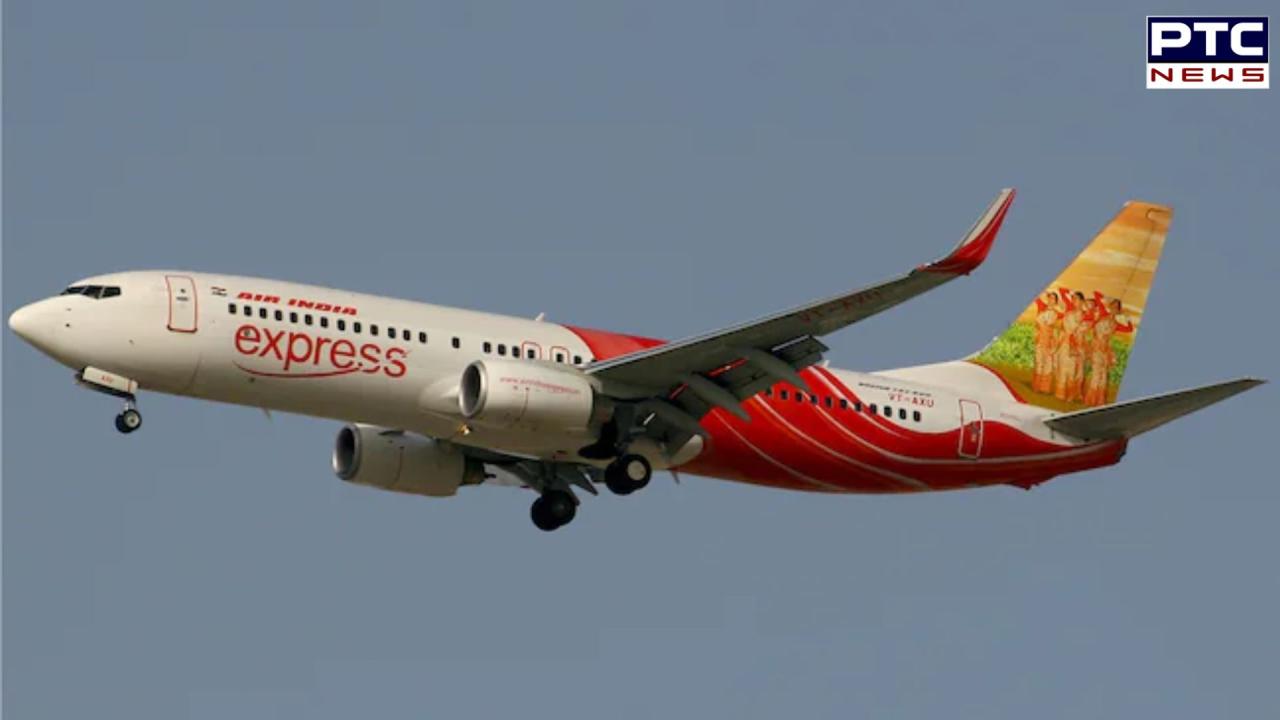

DGCA issues safety alert for Boeing 737 aircraft following NTSB report on jammed rudder control system
PTC News Desk: The Directorate General of Civil Aviation (DGCA) has issued an urgent safety alert to Indian operators of Boeing 737 aircraft following concerns raised by the U.S. National Transportation Safety Board (NTSB). The NTSB's Aviation Investigation Report highlighted a potential safety hazard involving Boeing 737 planes equipped with Collins Aerospace SVO-730 Rudder Rollout Guidance Actuators, which could result in a jammed rudder control system.
This alert follows the NTSB’s warning about the risks of a jammed or restricted rudder control system, which could compromise the safety of flights operating Boeing 737 aircraft.
In response to the NTSB's findings, the DGCA has issued several interim safety recommendations for all Indian airlines operating Boeing 737 aircraft. These measures are intended to mitigate the risks associated with potential rudder control system malfunctions until more detailed guidance is provided by Boeing and the Federal Aviation Administration (FAA).
These interim measures are designed to enhance flight safety by ensuring that flight crews are well-prepared to handle potential rudder control system failures. The DGCA's instructions come as a proactive response to the NTSB's report, with further detailed operational guidance expected from Boeing and the FAA in the near future.
Until additional guidance is provided, Indian operators are required to strictly adhere to these safety recommendations to minimise the risk of in-flight rudder malfunctions and ensure the continued safety of Boeing 737 operations in the country.
Also Read: SBI to hire 10,000 new employees in FY25 to enhance efficiency
- With inputs from agencies
